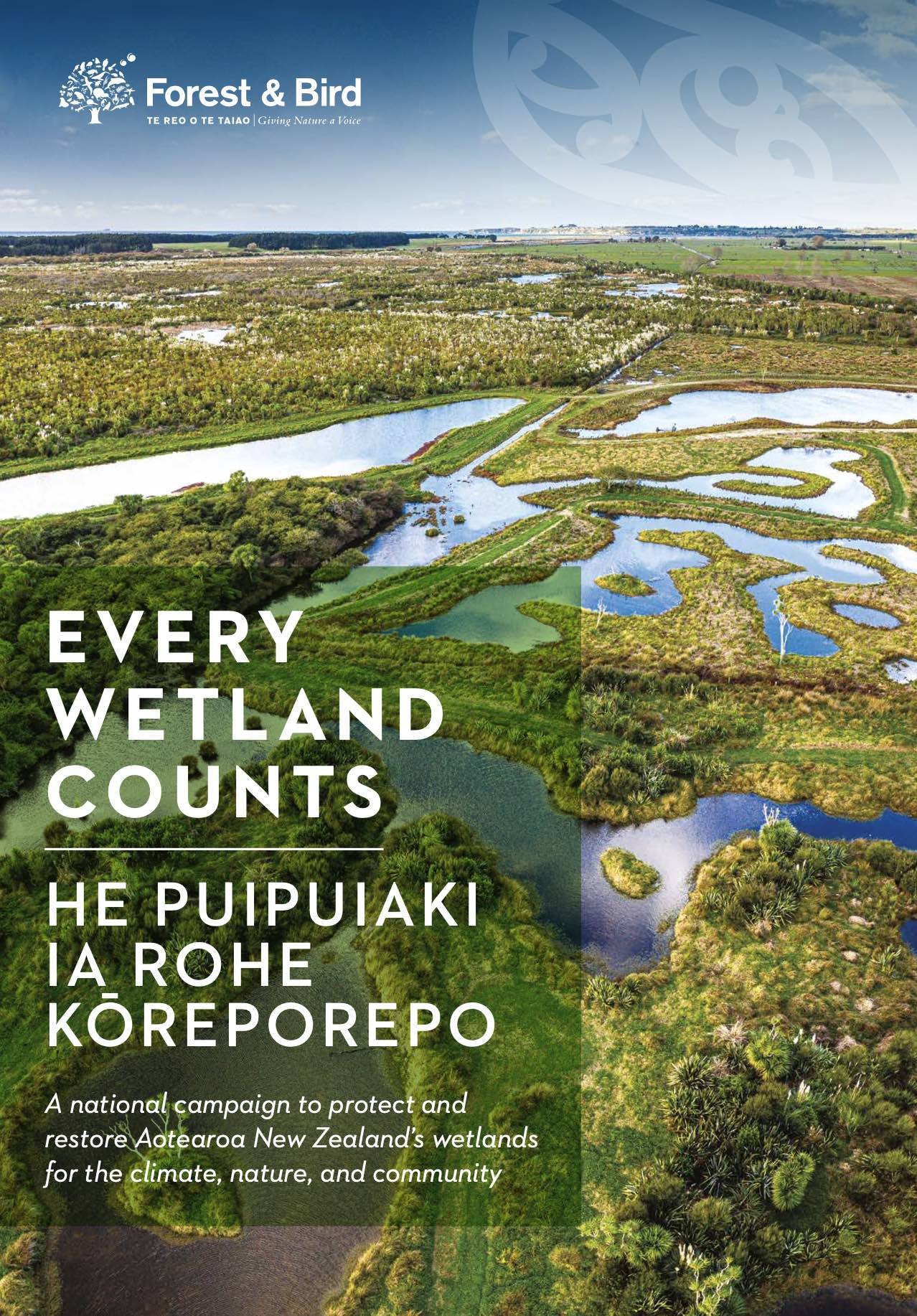Kia ora
I hope you have managed to get a break over the holiday season. Amidst the Covid pandemic, we expect this year to be a busy one for health professionals, but unfortunately there is also an unabated rise in the health impacts of climate change. We are committed to continuing to pressure the Government to reduce our emissions in a just and equitable way to reduce impacts and realise health opportunities by improving our food systems, transport, energy and housing.
This year we are expecting the Government to finally adopt the emissions reduction plan, and there are the important Health Sector reforms. Both offer the opportunity for our politicians to finally follow up their rhetoric with action, but also run the risk of becoming yet more missed opportunities.
Our submissions and advocacy work will be important- but keep eye out for our advice on making individual submissions as well!
Ngā mihi maioha ki a koutou,
Dermot and Summer
February 2022 Newsletter
Contents:
Update on OraTaiao activities
National happenings
International news
Good news, interesting links, books
Update on OraTaiao activities
We’re asking the Government to make Budget 2022 about climate and health
OraTaiao has written to the Government about its 2022 Budget Policy Statement agreeing that recovery from Covid is crucial but asking for a greater focus on climate change.
“There has been a stark gap between the expressed aims of the government and its achievements in delivering on wellbeing,” says Co-convenor Dr Dermot Coffey. “This year must be a climate year and pave the way for planetary solutions which can also improve New Zealander’s health and conditions for the most vulnerable.”
OraTaiao supports the creation of a climate fund but ask that its outcomes deliver a real reduction in emissions, and put health and Te Tiriti o Waitangi at its centre.
- OraTaiao: "Budget 2022 - letter to the Finance and Expenditure Committee"
- The Treasury: "Budget Policy Statement 2022"
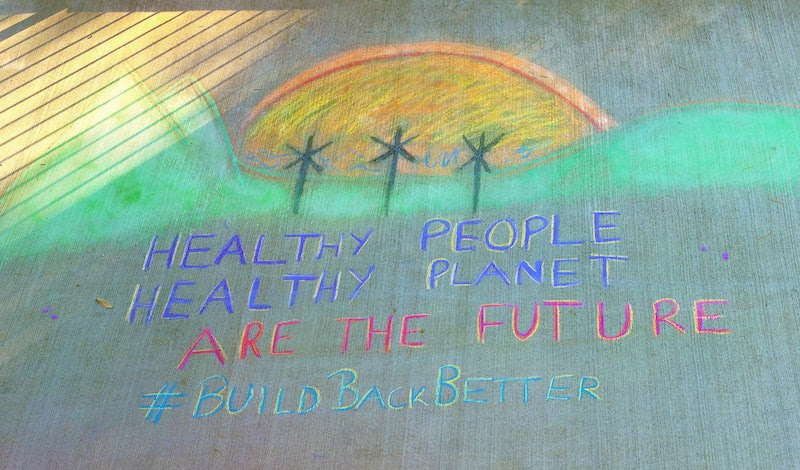
Photo by Michael on Unsplash
Every wetland counts
OraTaiao is endorsing Forest & Bird’s campaign to protect and enhance wetlands. Wetlands are a major carbon sink and increase the resilience of communities against floods and storms. They are uniquely biodiverse, while also contributing to human health through recreation and kai Māori. Wetlands and their inhabitants are taonga, and must be protected to ensure future generations can mahinga kai.
Urgent action is needed to prevent further degradation of remaining wetlands. In 2021, the Government proposed ‘additional consenting pathways’ giving industries, including coal mining, the ability to destroy wetlands. A decision on this is expected in the first quarter of 2022. OraTaiao collaborated with Forest & Bird to create a pamphlet which was published this week to coincide with World Wetlands Day. Read the pamphlet here.
Welcome Hayleigh Frost
Masters in Public Health student, Hayleigh Frost, has started a practicum at OraTaiao which will include developing a policy statement on active transportation.
As well as completing her Masters, Hayleigh is also working as a Pharmacist and Nutrition coach, and has already drafted advice about what pharmacists can do about the climate effects of inhalers.
Join our meetings
Each month our executive meet and all members are invited to join these meetings. If you have a particular issue you would like to raise then please don’t hesitate to get in touch and we can put it on our agenda. The meetings this year will all take place at 7.30pm on the final Thursday of every month. See the dates here.
National happenings
Gas stoves bad for health and climate
New research shows that natural gas cooking appliances release methane─primarily through small, persistent leaks─and nitrogen oxides while in use, damaging the climate and degrading indoor air quality.
OraTaiao Co-convenor Dr Dermot Coffey told Stuff news that poor quality housing and burning gas at home are, "all part of the problem: damp houses and respiratory illness.”
OraTaiao supports a clearly signalled end-date to new gas appliances, plus support for current gas hob users to switch to electricity. “So that there isn’t a huge equity disparity.”
Delays in reform means large climate polluting projects can’t be stopped under RMA
The Government has delayed changes to the Resource Management Act which means that when consent decisions for large projects are being made, climate pollution still can’t be considered as part of that process.
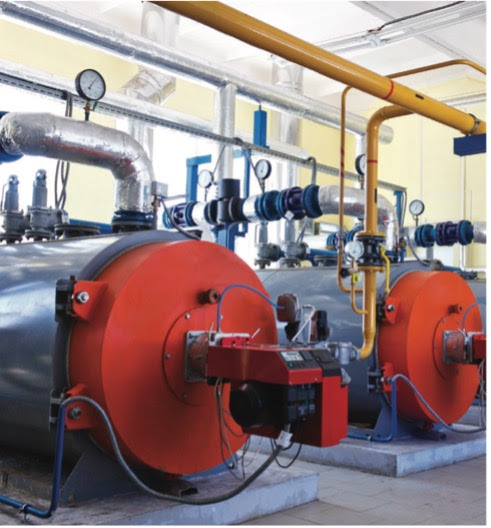
Image from mbie.govt.nz/assets/8c89799b73/process-heat-current-state-fact-sheet.pdf
New appointments to climate change commission
In December, three appointments were made to the Climate Change Commission board. Lisa Tumahai was reappointed for a second term as deputy chair and is joined by new members Dr Andy Reisinger and Dr Tanira Kingi. Dr Reisinger has a background in research on agricultural greenhouse gas emissions, and Dr Kingi (Ngati Whakaue / Te Arawa) has a background in agricultural economics and development.
This year the Commission has begun a programme of work about measuring, managing, and pricing agricultural emissions, alongside looking at what assistance – if any – should be provided to farmers in a future farm-level emissions pricing system. For the Commission’s annual report is here.
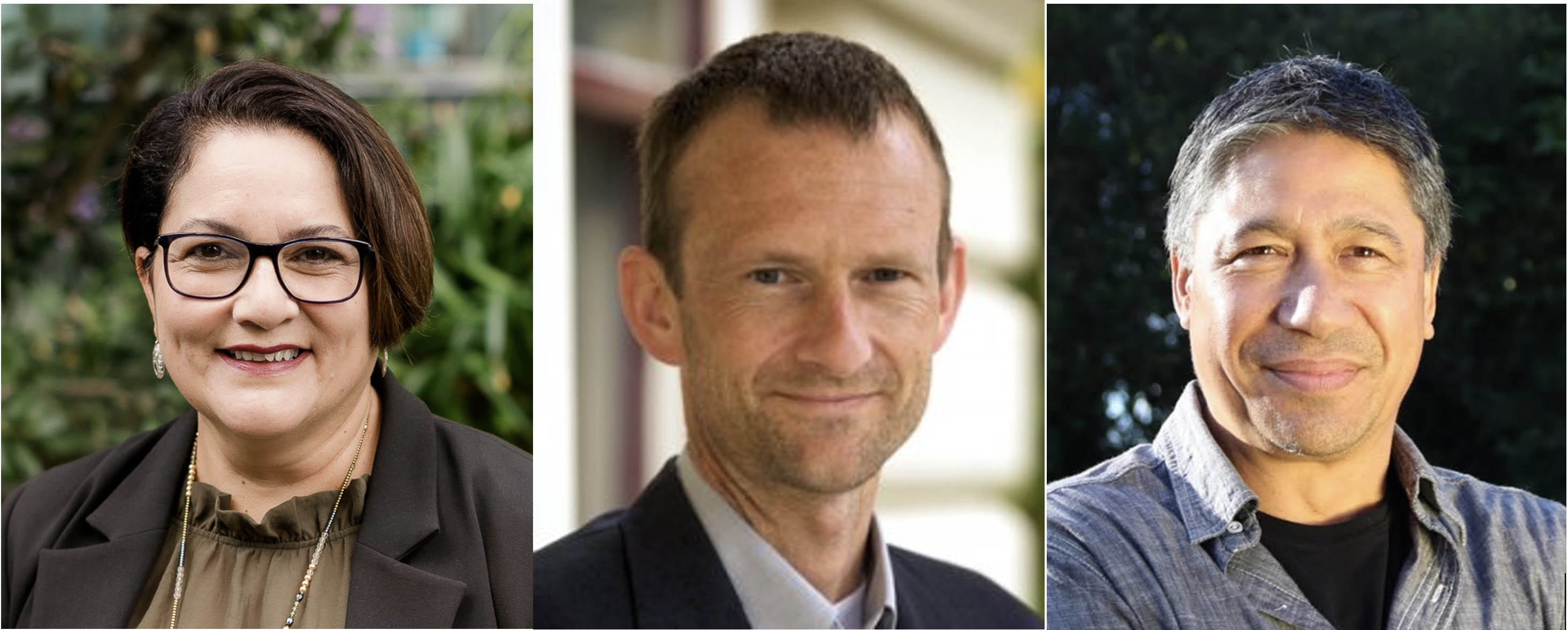
Auckland council plans targeted rate for climate action
According to Auckland mayor Phil Goff, “Auckland's emissions are not remotely tracking in line with our target to reduce emissions by 50 per cent by 2030”. In response Goff has outlined a plan for rates which would go specifically on buses, ferries, cycling and walking options in the city.
- RNZ: “Auckland mayor proposes to charge households a climate levy”
- Our Auckland: "Mayor Goff outlines billion-dollar climate action package"
New Zealand Climate Action Network (NZCAN) update
NZCAN has recently developed a constitution, and network members, including OraTaiao, voted for the inaugural board. The new board members are: Áine Kelly-Costello, Fala Haulangi, Genevieve Northey, Horiana Irwin-Easthope, Mary Moeono-Kolio, Natalie Jones and Tiana Jakicevich. NZCAN is an informal network of organisations campaigning on climate action, such as Coal Action Network, SustainedAbility and Oxfam.
Taranaki DHB wins environmental award
The Taranaki District Health Board has won an environmental award, from the Taranaki Regional Council, for a commitment to sustainability that ranges from the way its new buildings are being constructed to individual staff cycling or ride-sharing to work. Examples include a new renal medicine building which is solar powered and stores water.
Be part of an Auckland Uni survey
The University of Auckland are conducting research into climate justice and what different people in Aotearoa New Zealand perceive to be the best ways of addressing the impacts of climate change in a fair, equitable, and effective manner. If you are interested in being interviewed, please email one of the research team- Grace May at [email protected] or Bethany Waller at [email protected]
International news
Countries commit to develop climate-smart healthcare, but where is NZ?
At COP26, a group of 50 countries committed to developing climate-resilient and low-carbon health systems. However, Aotearoa New Zealand was not one of the countries to join the programme which includes the following initiatives: building climate resilient health systems; developing low carbon sustainable health systems; adaptation research for health; the inclusion of health priorities in Nationally Determined Contributions; and raising the voice of health professionals as advocates for stronger ambition on climate change.
Project Drawdown climate solutions double as health interventions
Building from a priority list of climate solutions created by Project Drawdown, Mailoux et al have reviewed information on health benefits that can accompany climate mitigation, finding that, “the health benefits of a low-carbon society are more substantial and more numerous than previously realised and should be central to policies addressing climate change.”
According to Mailoux et al, reducing the sources of emissions, maintaining and enhancing carbon sinks, and addressing social inequities can benefit human health through improved air quality, increased physical activity, healthier diets, reduced risk of infectious disease, and improved sexual and reproductive health, and universal education.

Photo from UNICEF Afghanistan/2016/Sheida
Global food study shows cost of nutritious diet varies by demography
A recent study published in the Lancet shows, “the worldwide cost of nutrient-adequate diets varies by demographic group, but exceeds available income for all people living in extreme poverty. The cost per day of reaching nutrient adequacy would be highest for adolescents and for women who are lactating, and diet composition in terms of cost per calorie would be the most expensive for females of all ages, particularly over age 50 years.”
The study found that one of the most expensive food groups that make diets unaffordable are nutrient-dense plant foods (eg, fruits and vegetables or pulses, nuts, and seeds). Lowering the cost of these foods through innovations in agricultural production, trade, and distribution that reduce market prices could help to reduce inequities in diet costs across sex-age groups.

Photo by Edgar Castrejon on Unsplash
Vast inequalities in CO2 emissions between rich and poor countries
According to the Center for Global Development, developed countries’ emissions of carbon dioxide are huge compared to poor countries. For example, “Just a few days of life in the US produces more emissions than people in many low-income countries produce in the entire year.”
- The Guardian: “West accused of ‘climate hypocrisy’ as emissions dwarf those of poor countries”
- Center for Global Development: “A New Year’s Resolution on the US’s Climate Hypocrisy”

To see how NZ emissions compare to other countries see here.
The cost of air pollution is counted
The Lancet Planetary Health has recently published several studies on air pollution, climate and health. See the editorial here.
According to Anenberg et al, “despite improvements in some regions, combustion-related NO2 pollution continues to be an important contributor to paediatric asthma incidence globally, particularly in cities. Mitigating air pollution should be a crucial element of public health strategies for children.”
Reis, et al concluded that air pollution control strategies are an “important complement to structural emission reductions. Accounting for air pollution impacts reduces climate mitigation costs and inequality and increases global and regional welfare.”
- Internalising health-economic impacts of air pollution into climate policy: a global modelling study
Good news, interesting links, books
Movie: Mothers of the revolution
This new documentary about the anti-nuclear protest at Greenham Common UK is an inspiring story of solidarity and collective action. Read a review in Stuff news here. For NZ screening times see here.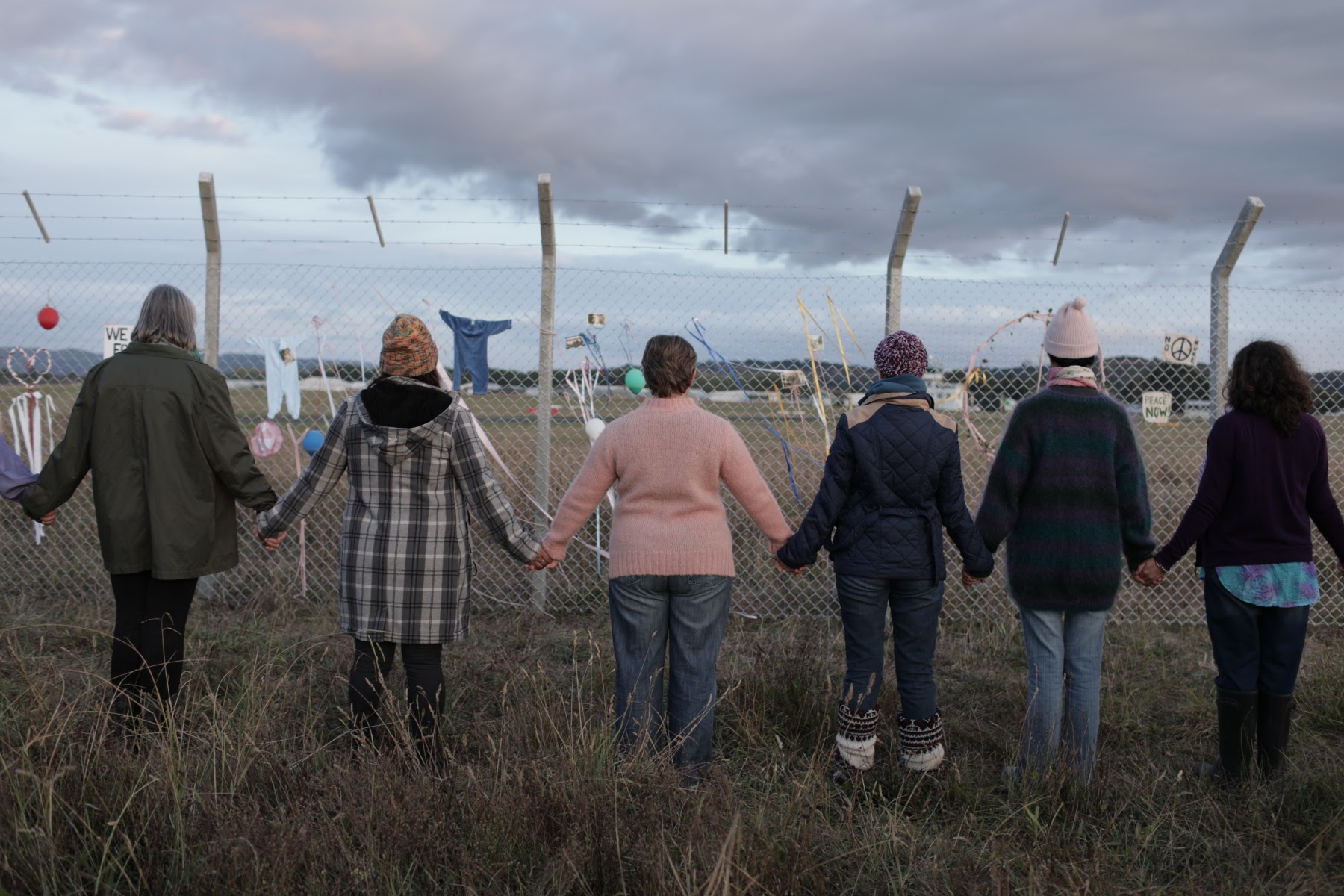
Reducing the environmental effect of pharmaceuticals
On Wed 9 February, 01:00 NZDT, the Academic Health Science Networks are hosting an online event about reducing the environmental impact of asthma inhalers, concentrating on policies and pathways for adults. This event is part of a series that aim to share best practice innovations and initiatives to support the delivery of a net zero National Health Service. Register here.
For a quick overview on how doctors can reduce unnecessary pharmaceutical emissions and waste, watch this animated video. For added impact please share the link on social media!
Virtual Grand Round Series: The path to climate-smart, net-zero emissions health care
Join a virtual grand round series 2022 hosted by Health Care Without Harm US and the Global Consortium on Climate and Health Education at Columbia University. Registration is open for the March session, “Clinical leaders as drivers of sustainability: a physician-researcher perspective”, 16 March, 11am ET (2am AEDT) Sign up here.
How researchers can help fight climate change in 2022 and beyond
A Nature article published this month takes a look at how research is needed for monitoring emissions and creating solutions to halt global warming.
Nursing our planet back to health
“To Teddie Potter, there’s nothing revolutionary about health measures that target the whole world. “’Planetary Health is an ancient way of understanding things’ says the clinical professor and director of Planetary Health in the U of M School of Nursing. “It was Indigenous People who understood how all things were interconnected and that they couldn’t have a healthy community if the environment wasn’t healthy.’

Ten ways to take action
If you have a New Year's resolution to help improve our environment, see some ideas here from Climate and Health Alliance for what you can do as an individual, in your community or at work.
This newsletter was written by Julia Crosfield.
OraTaiao: New Zealand Climate and Health Council
http://www.orataiao.org.nz/



